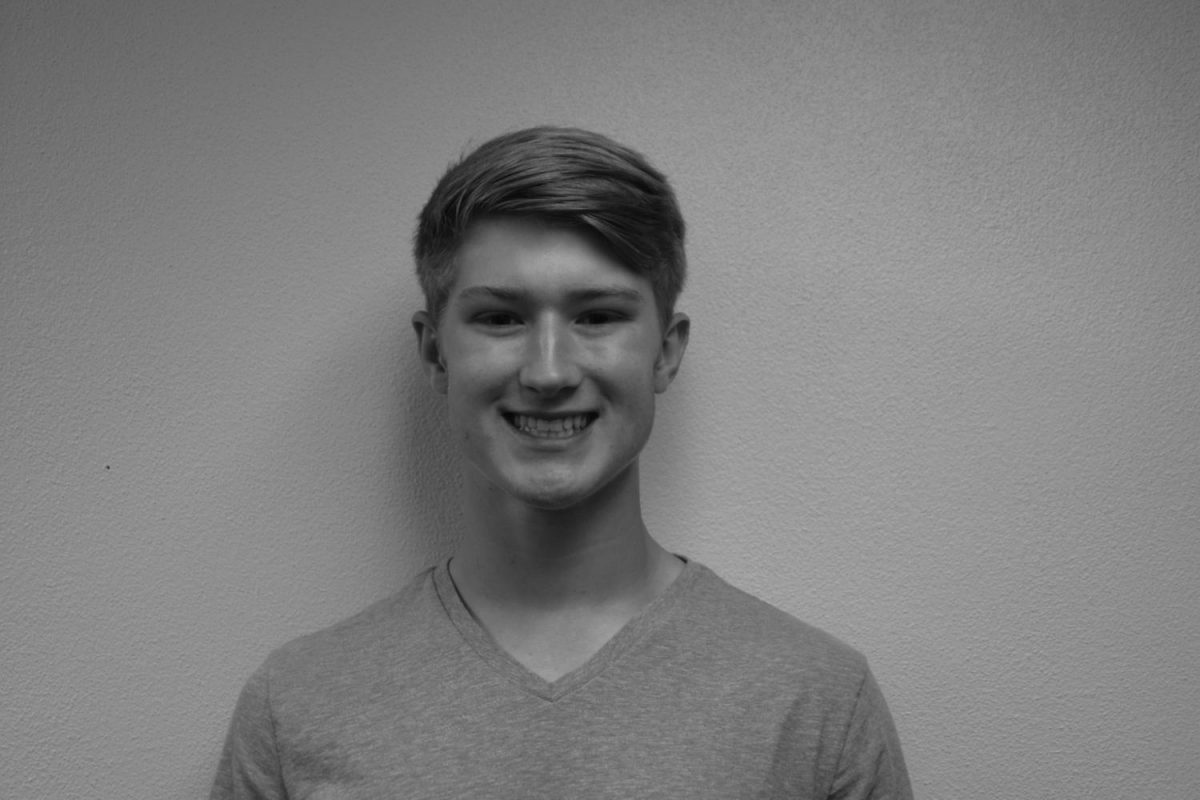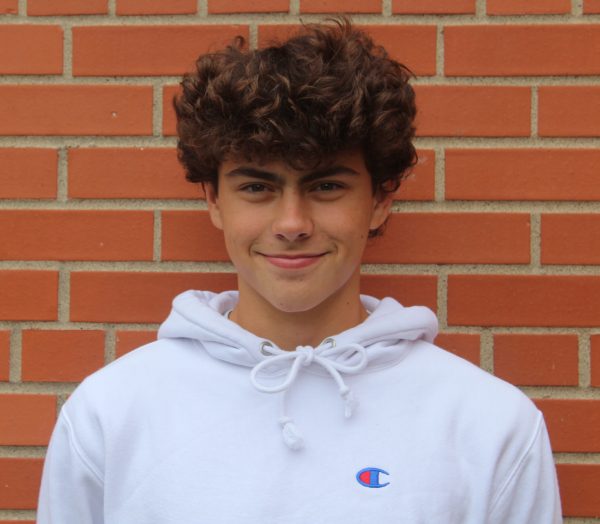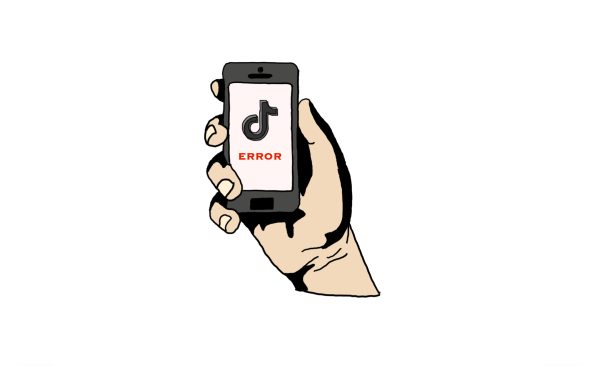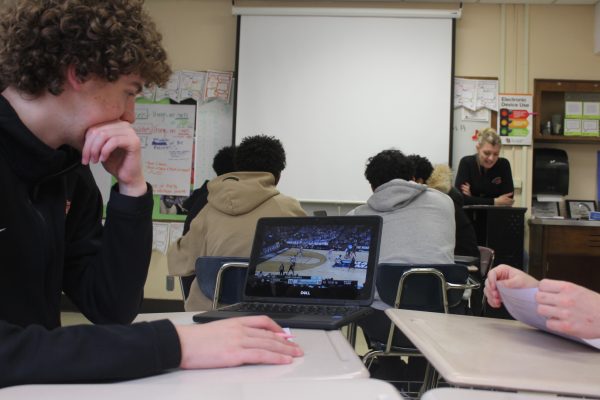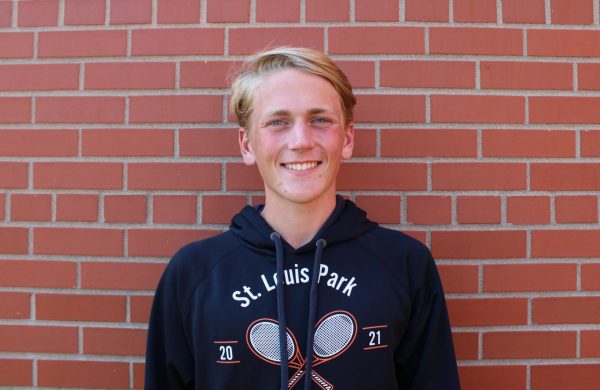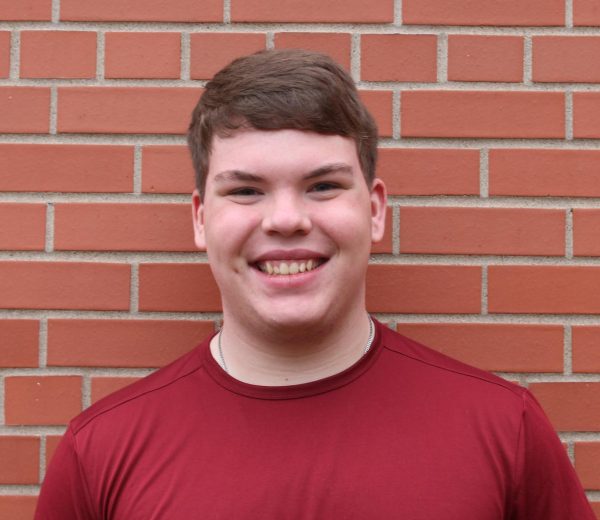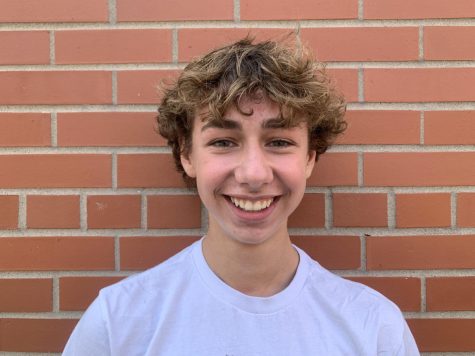Student athletes benefit from practice during finals
Increased workload teaches time management, prioritization
January 24, 2018
Waking up at 6 a.m. for a 6:30 lift before classes, going to classes, then practicing for 3 hours after school, and not getting home until 7; this is the life of an athlete. With this sort of a schedule, it can become difficult to find time for homework and studying. For student athletes who have rigorous academic schedules, many feel that it is unfair for them to be held to the same standards as other students.
However, participation in high school sports is voluntary. If balancing athletics and rigorous classes is too much for a student, it is their responsibility to restructure their life accordingly. — William Phelan
Being a student athlete is completely optional, teams have no obligations to organize themselves around the academic lives of students. There is no reason for coaches to cancel practices or team events because of finals week or any other academic reason.
By keeping sport schedules consistent through finals week, students learn to utilize time management and prioritization skills essential for their success both in high school and beyond. If student athletes are allowed to let go of one of their commitments in high school during finals week, it will give them the false belief that they will be given the same relief in the future.
Although athletes may lose a little sleep, continuing practice through finals week is ultimately in their best interests. They will continue their athletic growth by staying consistent with their levels of training, allowing them to compete at a higher level overall. Beyond simply staying in shape, however, this reinforces an important principle in the lives of students: honoring commitments.
When a student joins a sport, or a theater production or a club, for that matter, they are committing a certain amount of time to that club. By not cancelling team activities during finals week, participants are held accountable for their initial commitment to the sport, and not given an avenue to ditch that commitment temporarily because they feel it it is incompatible with their academic workload. After all, if it is truly too much work for a certain student, they should never have committed to be a part of the team in the first place.



